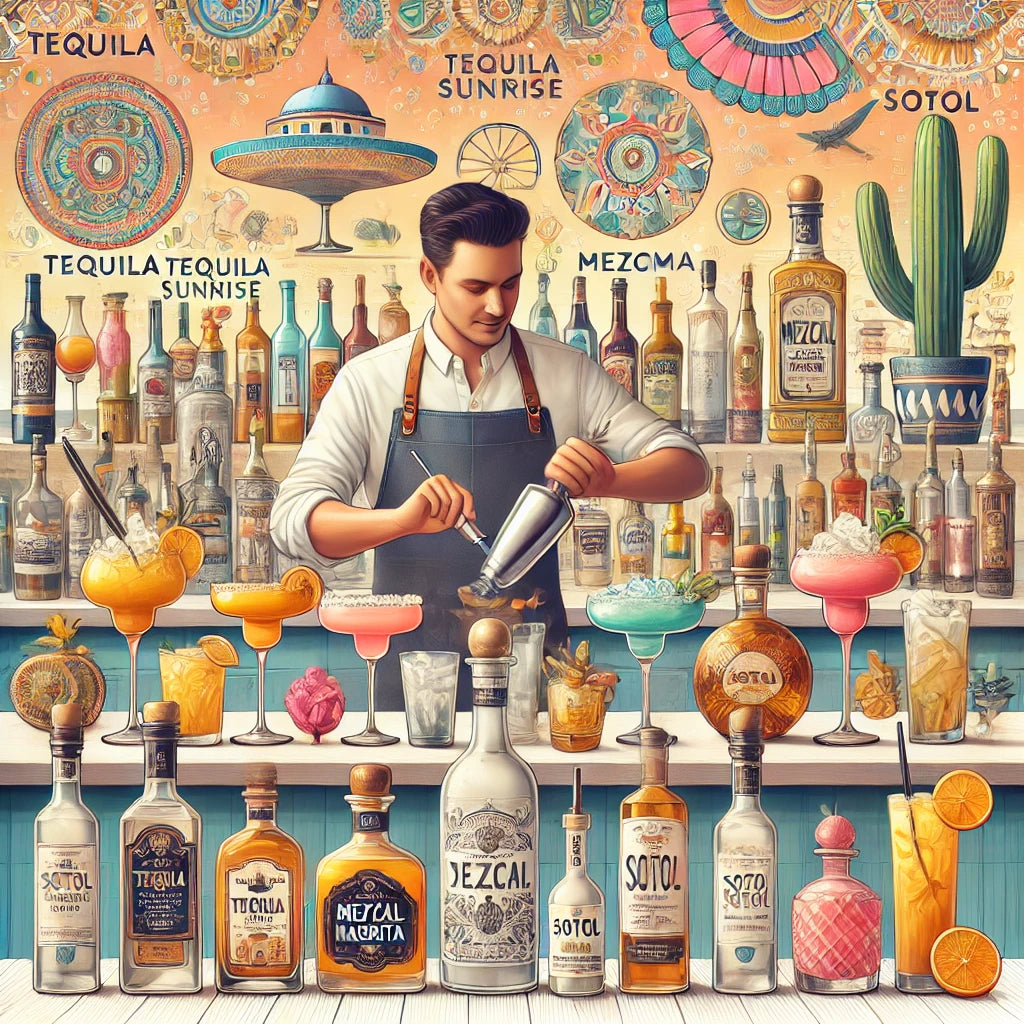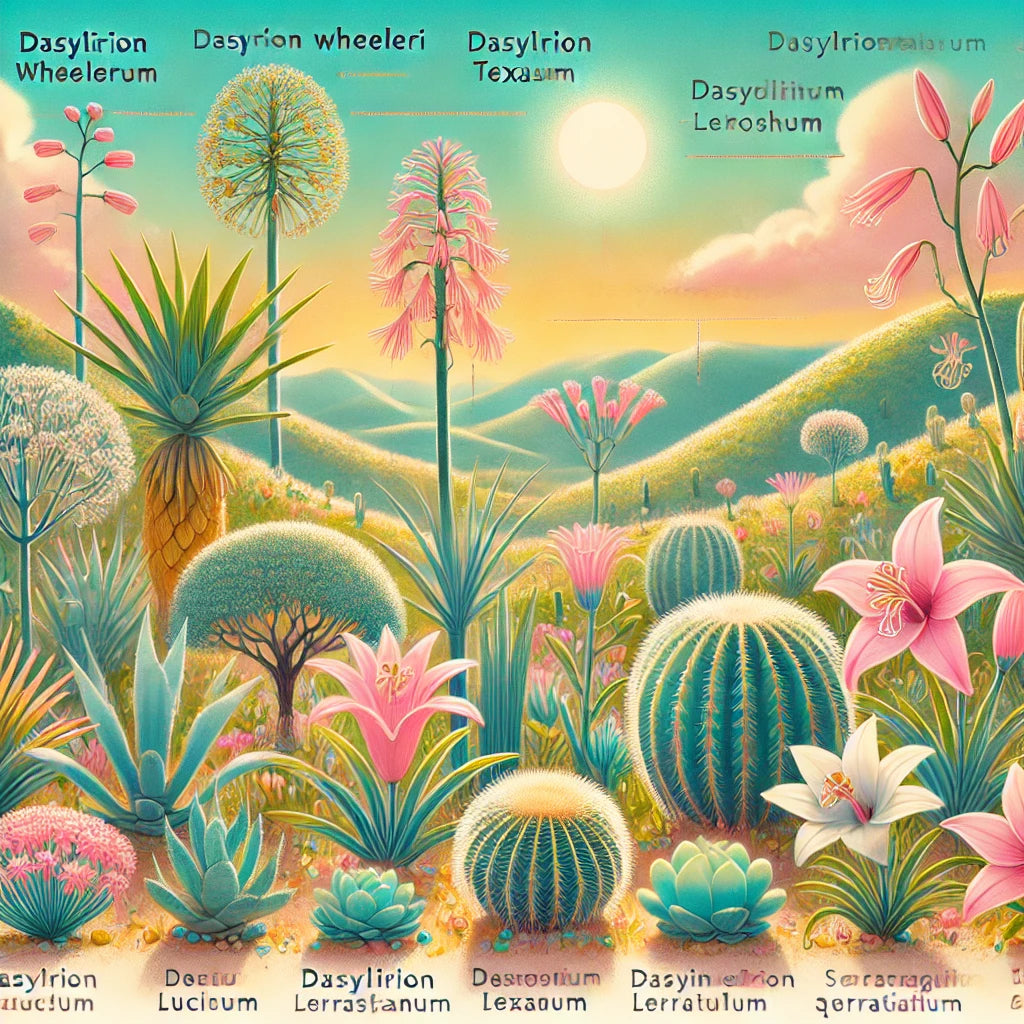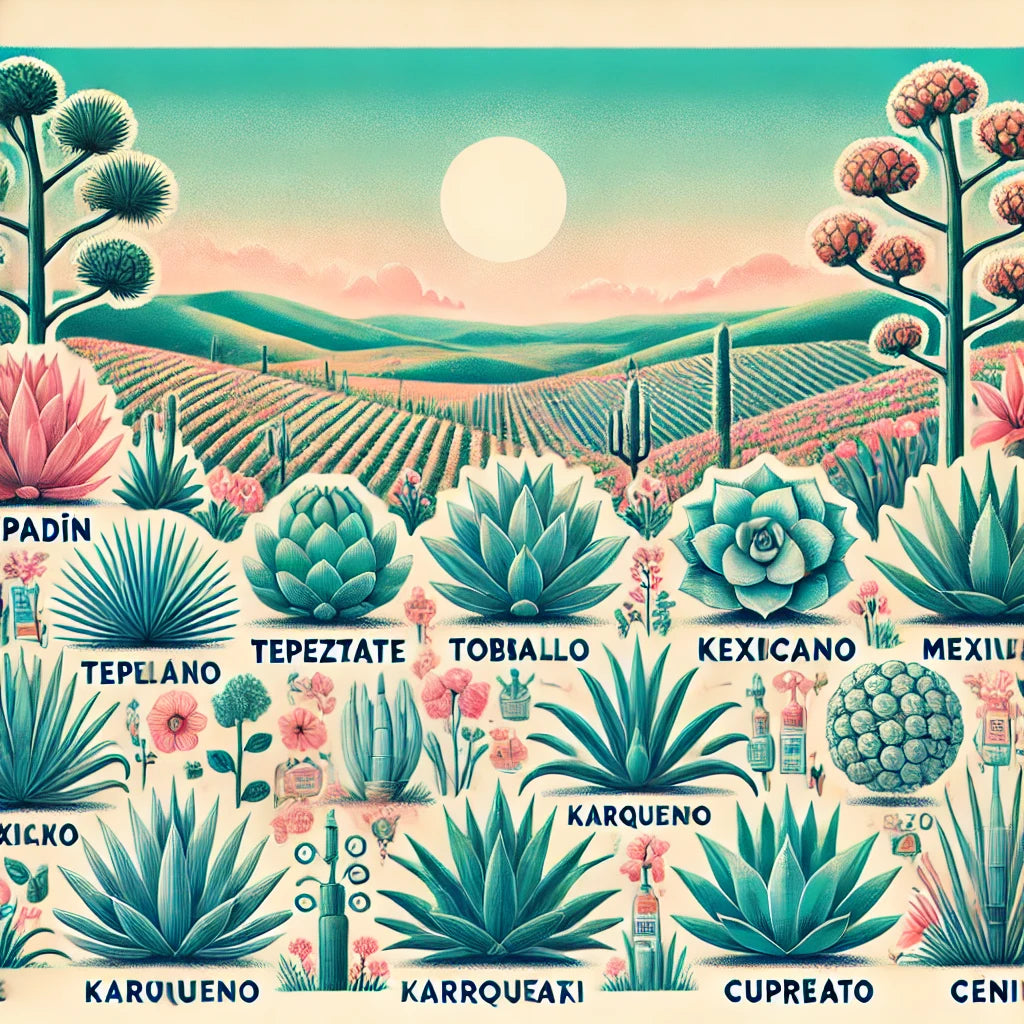
Liquor Tasting 101 : Discover what you like drinking
Introduction
Welcome to Dirty D! I'm Manny Vides Jr., founder, co-owner and generally thirsty guy.
Today, I’m excited to guide you through the world of liquor tasting. Whether you're new to sipping high proof alcohol or looking to refine your palate, this guide will help you learn how to properly taste different spirits and discover what you like.
Let's embark on this flavorful journey together!
Understanding Liquor Tasting
Liquor tasting is the process of evaluating different spirits to understand their unique characteristics, flavors, and aromas. It's similar to wine tasting but focuses on high proof alcohol such as whiskey, rum, tequila, mezcal, gin, and more. Proper liquor tasting involves using your senses to fully appreciate the spirit's complexity.
Choosing the Right Glassware
Using the right glassware is essential for a proper liquor tasting experience. Here are some common types of glassware used for different spirits:
- Glencairn Glass: Ideal for whiskey, this glass has a tulip shape that concentrates the aromas at the top.
- Snifter: Perfect for brandy and cognac, this glass has a wide bowl and narrow top to capture the aromas.
- Copita: Commonly used for sherry and other fortified wines, this glass is also great for rum and tequila tasting.
- Rocks Glass: Suitable for tasting spirits on the rocks, such as bourbon and scotch.
Preparing for the Tasting
Before you start tasting, make sure you have the following items ready:
- A selection of different spirits to taste
- Proper glassware
- Room temperature water for cleansing your palate
- Neutral snacks like bread or crackers
- A tasting notebook to jot down your observations
Steps for Proper Liquor Tasting
1. Observe the Appearance
Pour a small amount of the spirit into your glass and hold it up to the light. Observe the color and clarity. The color can indicate the type of barrel used for aging, while the clarity can show the quality of the distillation process.
2. Swirl and Smell
Gently swirl the glass to release the aromas. Bring the glass to your nose and take a few short sniffs. Try to identify the different scents. Is it fruity, floral, spicy, or smoky? Take your time to explore the aromas.
3. Taste
Take a small sip and let it coat your entire mouth. Notice the initial flavors and how they evolve. Pay attention to the texture (is it smooth or harsh?) and the balance of flavors. Consider how the spirit feels on your palate.
4. Savor the Finish
After swallowing, focus on the finish. How long do the flavors linger? Is it a short, medium, or long finish? Notice any additional flavors that may emerge as the spirit dissipates.
5. Cleanse Your Palate
Take a sip of water and a bite of a neutral snack to cleanse your palate before moving on to the next spirit. This helps reset your taste buds and ensures you can fully appreciate each spirit.
Exploring High Proof Alcohol
Sipping high proof alcohol can be intimidating for beginners, but it's a rewarding experience once you get used to it. Here are some tips to help you start:
1. Start with Lower Proof Spirits
If you're new to high proof alcohol, start with spirits that have a lower alcohol content (40-50% ABV). This allows you to acclimate to the strength before moving on to higher proof options.
2. Add Water
Adding a few drops of water to high proof spirits can help open up the flavors and make the alcohol less overpowering. Start with a small amount and gradually add more until you find the right balance.
3. Use a Tasting Journal
Keep a tasting journal to record your observations and preferences. Note the appearance, aromas, flavors, and finish of each spirit. This will help you track your progress and identify the characteristics you enjoy.
4. Join a Tasting Group
Joining a tasting group or attending tasting events can be a fun and educational way to explore high proof alcohol. You'll have the opportunity to try different spirits, share your thoughts, and learn from others.
5. Experiment with Different Spirits
Don't be afraid to try different types of spirits, even those you may not be familiar with. Each spirit has its own unique characteristics, and experimenting will help you discover your preferences.
Tips for Choosing High Proof Alcohol
When selecting high proof alcohol, consider the following tips:
1. Research the Distillery
Look into the distillery's history, production methods, and reputation. Distilleries with a strong heritage and commitment to quality often produce excellent spirits.
2. Read Reviews
Reading reviews from experts and enthusiasts can provide valuable insights into the flavor profile and quality of a spirit. Look for consistent positive feedback.
3. Visit a Tasting Room
If possible, visit a distillery's tasting room to sample their offerings. This allows you to try before you buy and get recommendations from knowledgeable staff.
4. Start with Sample Sizes
Many distilleries offer sample sizes or miniature bottles. These are a great way to explore different spirits without committing to a full bottle.
5. Trust Your Palate
Ultimately, the best spirit for you is the one you enjoy the most. Trust your palate and choose what tastes best to you, even if it differs from popular opinion.
FAQ About Liquor Tasting
What is the best way to taste liquor for the first time?
Start with a small sip, let it coat your mouth, and take your time to explore the flavors. Use the steps of observe, swirl and smell, taste, and savor the finish to fully appreciate the spirit.
How can I cleanse my palate between tastings?
Drink room temperature water and eat neutral snacks like bread or crackers between tastings to cleanse your palate and reset your taste buds.
What are some common terms used in liquor tasting?
Common terms include "nose" (aromas), "palate" (flavors and texture in the mouth), "finish" (flavors that linger after swallowing), and "mouthfeel" (texture and sensation in the mouth).
How can I improve my tasting skills?
Practice regularly, take detailed notes, and try a wide variety of spirits. Joining a tasting group or attending events can also help you learn from others and improve your skills.
What should I look for when choosing a high proof spirit?
Consider the distillery's reputation, read reviews, visit tasting rooms, and start with sample sizes. Trust your palate and choose what you enjoy the most.




